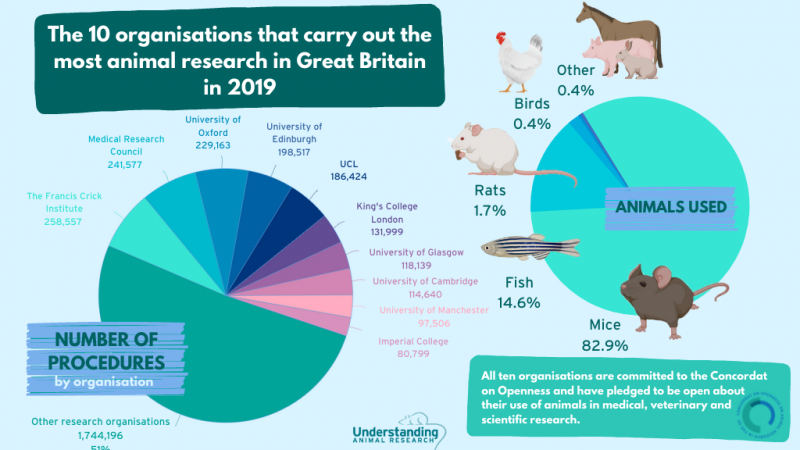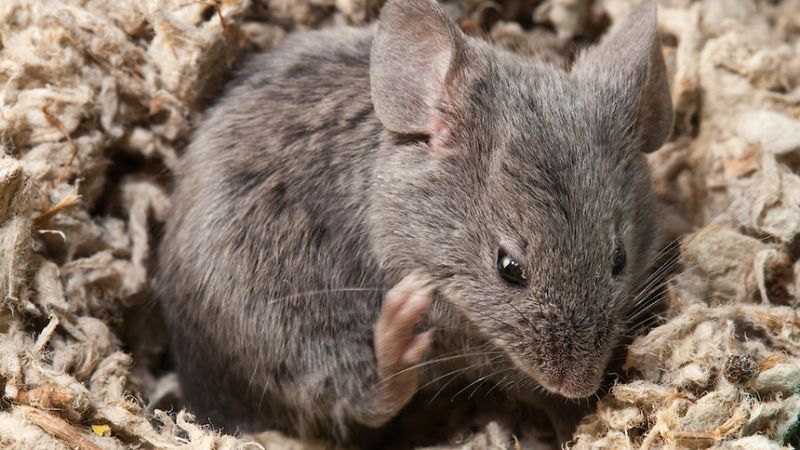19/01/15
Gut microbes trigger autoimmune disease later in life in mice. Researchers have revealed that the colonization of the gut of young mice by certain types of bacteria can lead to immune responses later in life that are linked to disease. Increases in the levels of segmented filamentous bacteria can trigger changes in the lymphoid tissue of the mouse gut that result in the production of antibodies that attack components of the cell nucleus. This type of damage is a hallmark of autoimmune diseases like systemic lupus erythematosus and systemic sclerosis where organs throughout the body are damaged by wayward immune responses.
http://dx.doi.org/10.15252/embj.201489966
Commercial bees risk carrying diseases into wild bee and other insect colonies. These commercial colonies tend to cary larger numbers of parasite infections and viruses which can infect wild species. Many of these commercial hives are imported from abroad, along with the diseases they carry,
Dr Lena Wilfert said:
"Our study highlights the importance of preventing the release of diseased commercial pollinators into the wild. The diseases carried by commercial species affect a wide range of wild pollinators but their spread can be avoided by improved monitoring and management practices."
http://www.bbc.co.uk/news/science-environment-30831257
20/01/15
A geographic cone snail uses a form of insulin to subdue its prey. By either releaseing toxins into the water or firing its poison-tipped tooth into prey it can cause the blood sugar of fish prey to plunge, making them sluggish and easy to finish off.
US scientist Professor Baldomero said:
“This is a unique type of insulin. It is shorter than any insulin that has been described in any animal. We found it in the venom in large amounts.”
http://www.theguardian.com/science/2015/jan/19/venomous-sea-snail-insulin-prey-conus-geographus
22/01/15
The study of ants could help reduce traffic jams. Apoorya Nagar has modelled how ants deal with busy road and according to her, if cars behaved a little more like ants, the would be far fewer traffic jams. There are three main reasons why:
- Ants don’t show off by driving past people
- They don’t mind minor crashes, they just keep walking
- Ants become more uniform when their pathways get more crowded
In fact, ants behave more like a computer than a human in crowded situations. Nagar hopes to find a mathematical formula inspired by the ants to help regulate human motorways.
http://www.independent.co.uk/news/science/scientists-look-to-ants-to-help-reduce-traffic-jams-9988491.html
By joining the circulatory system of an old mouse to that of a young mouse, scientists have shown that the blood of the young mice seems to bring new life to the ageing organs, making old mice stronger, smarter and healthier. Changes can be seen in the brain, spinal cord, muscles and almost every other tissue examined. Labs have started identifying the components in the blood responsible for these changes and for the first time in September, a clinical trial in California tested the benefits of young blood on older people with Alzheimer’s disease. The young blood seems to activate stem cells in the older mice which results in a variety of rejuvenation across organs and the growth of new cells – the organs appear younger.
“We're not de-ageing animals,” says Amy Wagers, a stem-cell researcher at Harvard “We're restoring function to tissues.”
http://www.nature.com/news/ageing-research-blood-to-blood-1.16762
23/01/15
Blocking a gene in mice helped them live 15% longer without any side effects. In humans, switching off that single gene could extend life by 12 years and make elderly people fitter. The gene Myc is important in cell division, growth and death, however, when it is overactive, it can cause cancer. Limiting the gene, on the contrary, extends life, makes the mice fitter, and prevents them from developing age related conditions. The mice have a healthier immune system.
John Sedivy, professor of medical science said: “The animals are definitely aging slower. They are maintaining the function of their organs and tissues for longer periods of time. These mice are incredibly normal, yet they are really long-lived.”
Last edited: 10 March 2022 18:11



